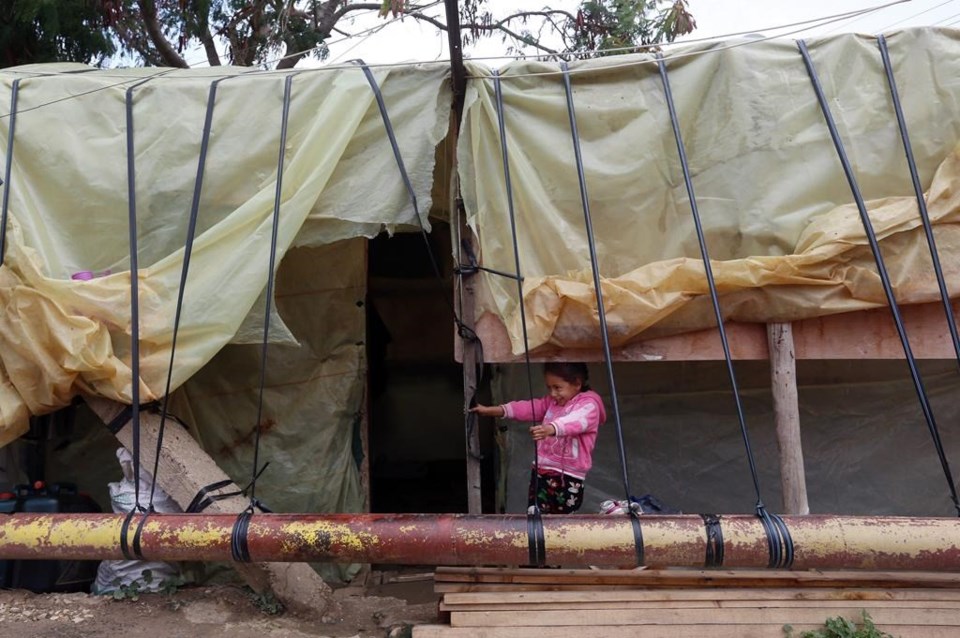TORONTO — Refugee children and youth do not place substantial demands on the health-care system in Ontario when compared with their Canadian-born peers, new research indicates.
A study led by SickKids hospital in Toronto and non-profit research institute ICES compared 23,287 resettled refugees to 93,148 Ontario-born children and youth aged under 17 from 2008 to 2018.
It found that health-care utilization is generally high among refugees but overall excess demand on the health system is minimal during their first year in Canada.
"While our study is reassuring in terms of the high levels of primary care use in the first year, refugee groups with high health needs may benefit from specialized and integrated community-based primary care ... to ensure a positive health trajectory for all resettled refugee children," senior author Dr. Astrid Guttmann, chief science officer at ICES, wrote in a statement.
The study, published in the peer-reviewed journal Pediatrics, showed that health-care use among refugees varies by their sponsorship model, with health costs higher among government-sponsored refugees compared with privately sponsored refugees.
"We don’t know enough about how the private and blended models meet the health-care needs of resettled refugees, compared to the government-assisted refugee program," lead author Dr. Natasha Saunders wrote in a statement.
Saunders said many refugee children arrive needing care for issues related to infection, malnutrition or dental needs.
"Private sponsorship models may have an impact on how refugees navigate and access health services," she said.
Canada's Government Assisted Refugees program provides all funding, support and connections to refugee resettlement services, largely through service provider organizations.
Meanwhile, two programs allow private citizens and permanent residents to sponsor refugees and provide full or partial support to them.
One program sees sponsors support the newcomers financially during their first year and help them navigate health and social services. Another program, called the "blended visa office-referred program," allows sponsors to share costs and resettlement support with the government.
Refugees arriving through all three programs are eligible for provincial health insurance.
Privately sponsored refugees had the lowest reported rates of major illnesses after one year, the research indicated.
The study found that the use of mental health services is low among all refugee groups and noted that some children may be accessing mental health support through community resources.
The UN refugee agency said Canada has welcomed more than one million refugees since 1980 and the country came first in the world in 2019 in terms of the number of accepted refugees, with more than 30,000 refugees arriving in Canada that year.
This report by The Canadian Press was first published Dec. 2, 2022.
Maan Alhmidi, The Canadian Press




